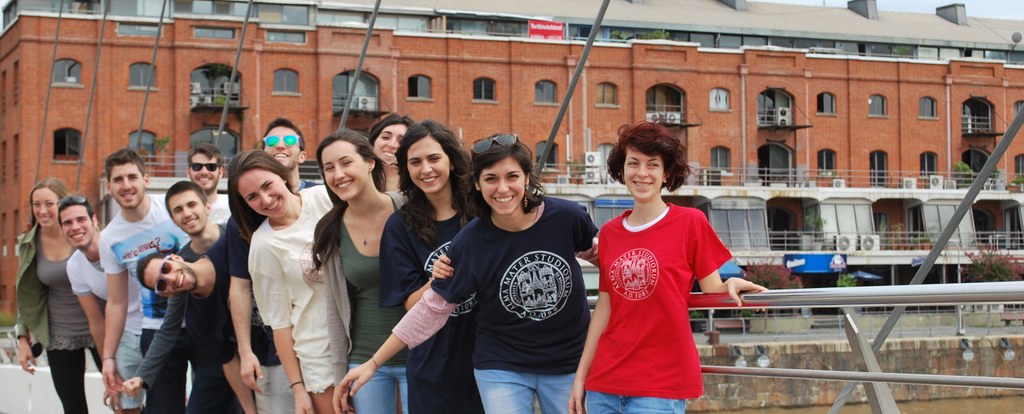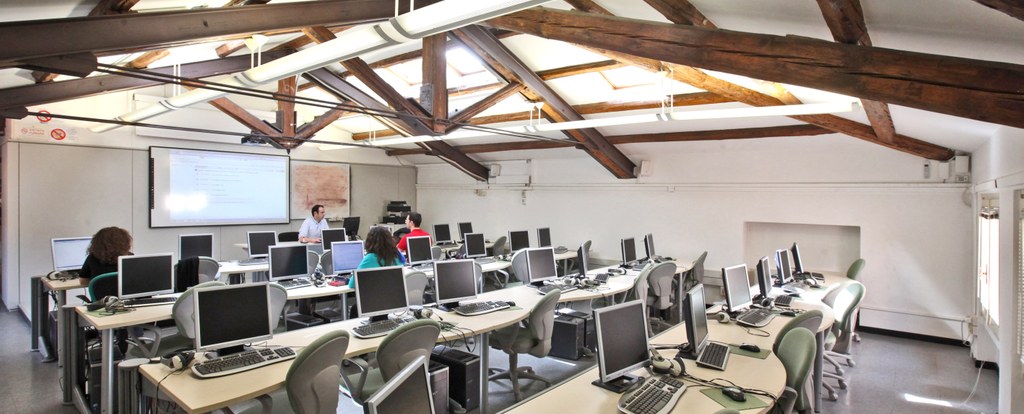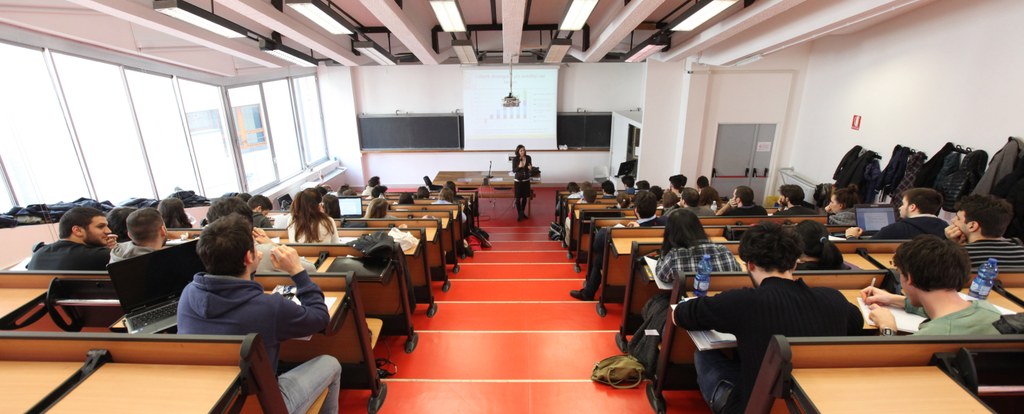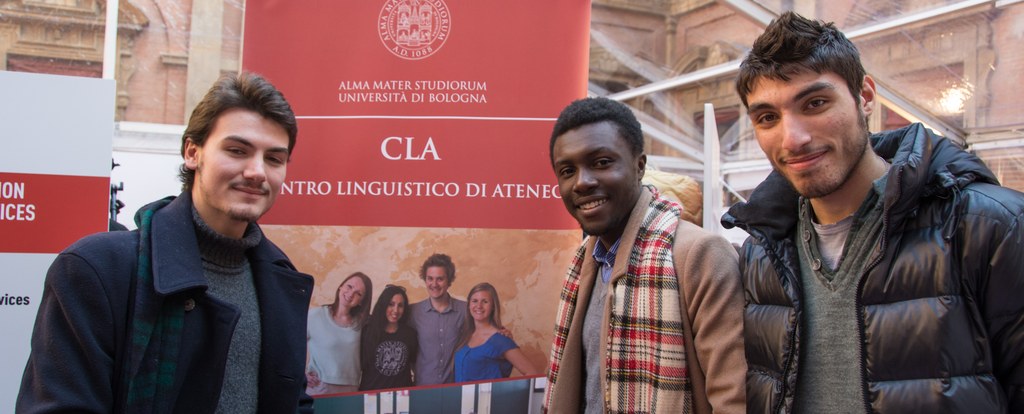Training
Besides the scientific research activity and experimental investigation, students are expected to attend various advanced courses, trainings and seminars organised by the DICAM and by the other departments of the School of Engineering and Architecture.
Training program
The primary objective of the PhD program is to acquire visions and skills to carry out highly qualified research activities in the fields of civil, chemical, environmental and materials engineering. This requires i) knowledge on civil, chemical, material and environmental engineering to understand models as well as their evolutionary key indicators and also ii) knowledge of the key enabling technologies, research skills and multidisciplinary soft skills, with in particular the new paradigms for the implementation and analysis of complex systems. Students will receive these skills through classes, seminars, workshops, and individual mentoring.
The scientific activity of each PhD student is configured as theoretical and experimental investigation and development of a research topic relevant to the context of the selected curriculum. Joint research is facilitated with other PhD students as well as at other international and qualified universities, research centers and industries. A thorough understanding of the bibliographic reference is a necessary condition for the development of the PhD research. The PhD thesis has to produce the results of a comprehensive and original numerical and experimental activity about the investigated processes.
To perform their experimental activity, PhD students can benefit of the training and research labs available at DICAM. Detail on the labs and their location is in the LABS section. For research and development issues in collaboration with companies/industries partnerships are also possible.
The training usually occupies 40% of the time and is focused primarily (but not exclusively) in the first year, whereas the remaining time is mainly devoted to research and development activities. The last six months are mainly focused dissemination activities and the final paper preparation.
The planned training activities are dedicated to the acquisition of advanced knowledge and research skills in the fields characterizing the PhD program. Acquiring relevant interdisciplinary and soft skills is also considered essential part of the training. Training includes seminars and specialized courses organized at DICAM, as well as within the other PhD programs of the University of Bologna. Of particular interest will be the seminars organized at national level by research organizations and associations working in the relevant field of research. The participation in national and international conferences is strongly suggested. The training courses are calibrated for each student in relation to the previous career of studies. The training plan will be identified by the student along with his advisor and approved by the Advisory Board of the PhD program.
The training program contatins the following activities (valid up to 37° cycle) [38th cycle currently under approval by the Ministry of Education]):
- 12 ECTS from university courses. Please consult the list of PhD courses avaliable each year. Courses can be organized by DICAM as well as other departments at UniBo. Credits earned from other Universities and/or Institutes in Italy or abroad may be recognized as well given approval by the Advisory Board. Advisory board may approve also Master level courses in case of identidied gaps in the previous studies as concerns current research activities.
- Courses on soft skills, humanities and communication approved by the Advisory Board.
- Seminars (5 per year) offered by researchers of excellence (by leveraging educational exchange programs like Erasmus, framework agreements, bilateral ministerial agreements).
- Other studying and research skills development activities under the mentoring of the Supervisor (e.g. research methods, critical analysis, experimental techniques, modeling techniques, dissemination strategies)
As part of the courses on soft skills, humanities and communication, at least the training initiatives on the following topics shall be attended by all students:
- Access to bibliographic resources at UniBo and literature search skills
- European funding schemes
- Intellectual property
- Academic English
These courses will run within the first two years of training.
A list of past courses and seminars is avaliable here.
Other courses on soft skills, humanities and communication are made available to the PhD students via the UniBook platform. These non-mandatory courses contribute to the training of market leading PhD by strengthening their soft skills and increasing their overall knowledge, contributing thus to their optimal future placement.
- Italian as a second language with e-LOCAL (Electronically Learning Other Cultures and Languages)
- Working in Multidisciplinary Teams
- Introduction to Industrial Property: patents, designs, trademarks
- Fundamentals of financial and management accounting
- Others
The training of doctoral students is normally completed by a period abroad, not less than six months, at universities and/or research centers. Moreover, the students will be encouraged to join the international projects participated by their supervisors.
The final thesis is prepared in English. In addition to the final thesis, the ability of the student to carry out research activity should be documented by some presentations at international congresses as well as by some papers published in first rank international scientific journals for the research fields of PhD programme. The development of national and international patents is greatly appreciated.



